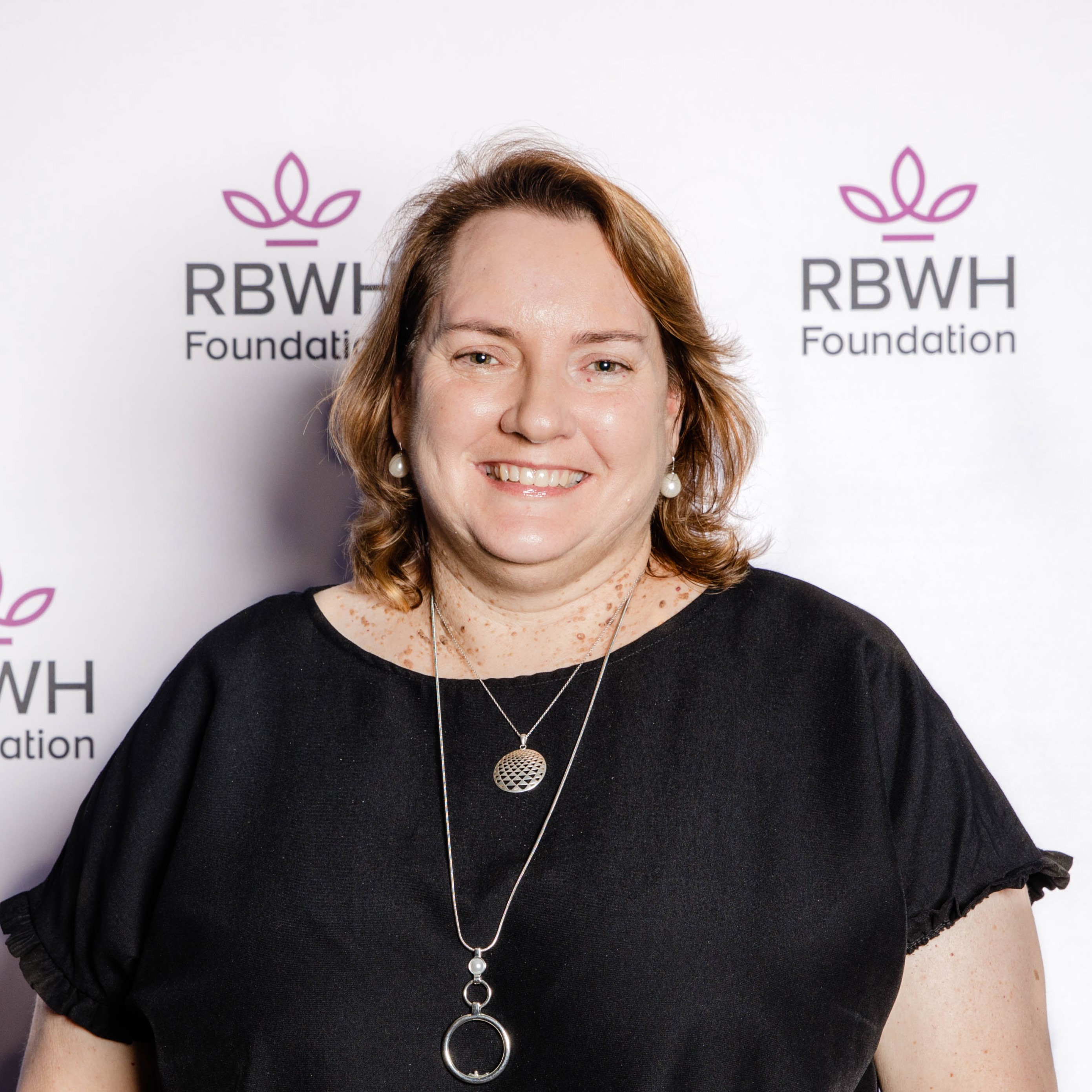Projects
Matching multidisciplinary care to patients needs in the statewide Neurosurgical and Orthopaedic Physiotherapy Screening Clinics and Multidisciplinary Service.
2022 RBWH and RBWH Foundation Research Project Grant
Share this project
Project description
Over 13,000 people with musculoskeletal conditions are referred to Orthopaedic and Neurosurgical Specialist Outpatients annually across Queensland. Management of these conditions require health carers from different disciplines to work together. This project was Stage 1 of a larger 3-stage project aiming to improve how healthcare professionals can provide a state-wide multidisciplinary non-surgical care for these patients.
Why this work is needed
Patients with musculoskeletal conditions can present with long-term osteoarthritis, rheumatoid arthritis, juvenile arthritis, back problems, gout, and osteoporosis or osteopenia (low bone density). Patients with chronic and complex musculoskeletal conditions usually deal with much pain and discomfort. Most of them though do not require surgery but can manage symptoms with appropriate non-surgical management of pain and discomfort.
This project aims to ensure that people seen in the service are offered treatment from health professionals that can best address their condition and that treatment plans are well matched to the individual patient’s needs, circumstances and preferences in ways that improve their health outcome and ensure service efficiency.
Expected outcomes
Dr Raymer’s project identified an absence of standardised clinical indicators or criteria for some health specialists. Patients and health professionals noted that many factors influenced referral patterns, including patients’ beliefs and attitudes and their trust on the professional’s skills. About one quarter of patients who accepted a referral to a health professional never attended an appointment. Patients and clinicians also recommended a co-design model to incorporate patient priorities and clinical and service-related factors identified for individual patients.
The aim of the model is to help patients in decision-making about their optimal multidisciplinary clinical care. Stage 2 of this project will deliver a matched care treatment model to ensure proper multi-disciplinary care is offered to all patients, as identified in Stage 1.






